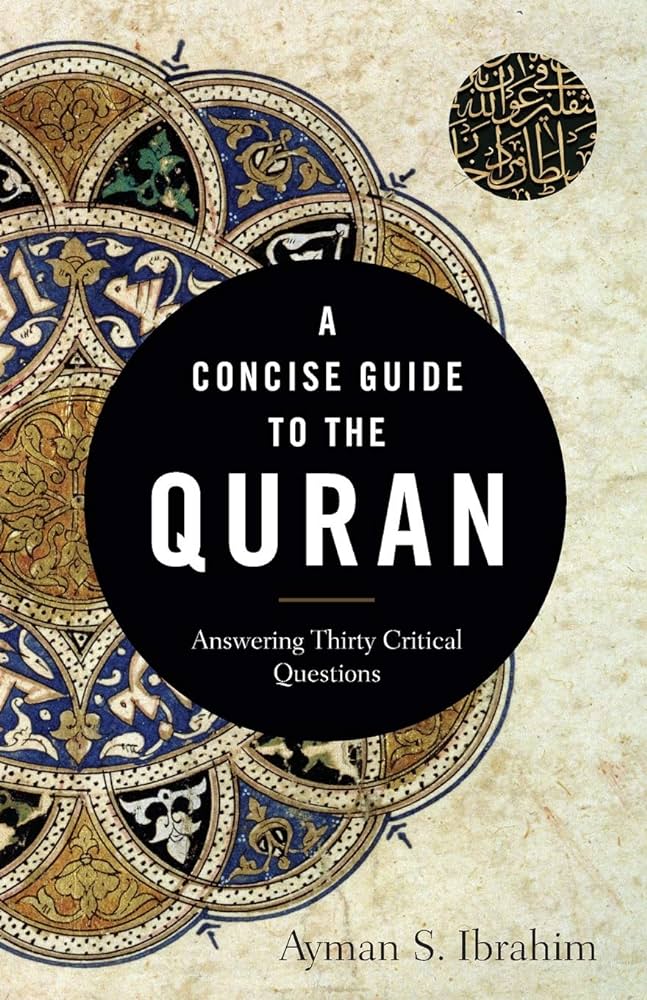Quick answers
Ibrahim comes from an Egyptian Coptic background which allows him to speak from his own experience of growing up in a Muslim-majority context. Although he is sceptical of the Qur’an and the traditional accounts of how it came to be, he is careful to show the diversity of views within Islam and not to generalise or stereotype Muslims. This is particularly important when he talks about issues related to extremism and violence – he condemns radicalism, but of conservative Muslims he notes: ‘They interpret the Quran in relation to living and letting others live; justice, love, tolerance, and respect are driving values of their views.’
One of the downsides to the book’s structure is that complex issues are dealt with quickly, within just a few pages. With little room to expand on counter-arguments, this can lead to some topics feeling slightly one-sided or rushed. However, since the book is designed to be accessible, broad-ranging, and concise, this is an understandable compromise.





